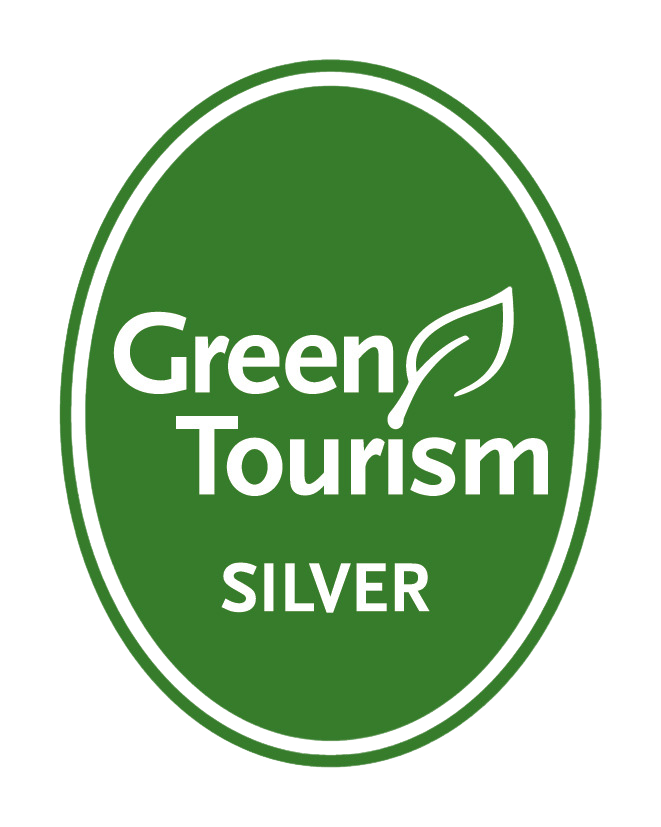Submission to APPG on Tourism, Leisure and the Hospitality Industry – April 2019
UKinbound understands the current financial position that many local authorities now find themselves in as a result of cuts from national Government and other budgetary pressures. Local authorities are key to ensuring that destinations all across the UK are and continue to be accessible, clean, welcoming etc for both domestic and international tourists.
If we are to keep attracting and growing our tourism industry, then we need to keep investing in our destinations and a tourism levy could help to achieve this. Furthermore, 10% of UKinbound’s membership are Destination Marketing Organisations (DMOs) who might (despite wider concerns on the competitiveness of their destination) welcome the tax as many are part funded by local authorities.
In recent months, many DMOs have seen cuts to their budgets so a tourism levy (if hypothecated to tourism management and promotion) would help to ensure their long-term viability and ensure that our visitors keep coming. The downside of the proposed tourist tax (if levied only on accommodation) is that the accommodation sector will feel that it is a ‘hotel tax’ not a tourism tax.
Hotel costs are already rising with increases in business rates, energy and food costs as well as the increased cost of labour through the minimum and living wage. Furthermore –as it stands, visitors that stay in unregulated accommodation (such as those providers within the so-called sharing economy) may not be subject to this tax which is unfair. Likewise, for one city or region to implement the tax may make that city or region less competitive.
There needs to be a level playing field.
The accommodation sector would also be concerned that increased costs (however small) could discourage both domestic and international visitors to stay overnight, impact on profitability in the long run and maybe even force smaller operators out of business. There are also concerns about the mechanics of how this tax will be collected presenting a potential additional burden on businesses if they are duty bound to collect and monitor (the collection of) the tourism levy.
Furthermore, the UK is already a very expensive destination (as measured by the UK ranking 135 out of 136 countries for Price Competitiveness in the WTTC’s 2017 Travel and Tourism Competitiveness Report). The UK has the second highest level of VAT on accommodation in the EU, and our visitors are taxed heavily through the implementation of Air Passenger Duty.
Tourism is a globally competitive industry – and visitors have a choice of where they travel, and a tourism tax could further reinforce the image of the UK as a very expensive destination.
UKinbound’s position is therefore that it would not support the introduction of a transient visitor levy (and along with others in the industry have concerns about how some of the evidence is being gathered to support the introduction of the tax – specifically the leading questions that were asked in the Edinburgh consultation exercise). But if one were to be introduced, then it is vital that this tax has to be implemented and collected in partnership and consultation with industry, on an equitable basis, and reinvested in tourism services, or services that indirectly impact tourism, i.e. destination management and destination marketing.










